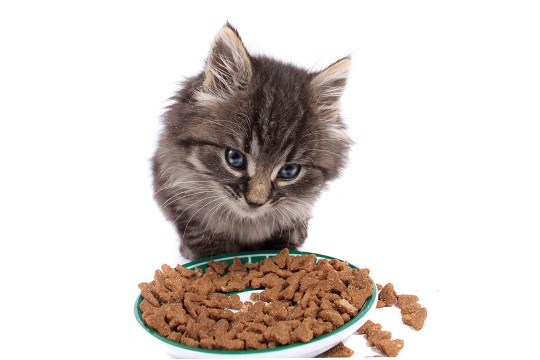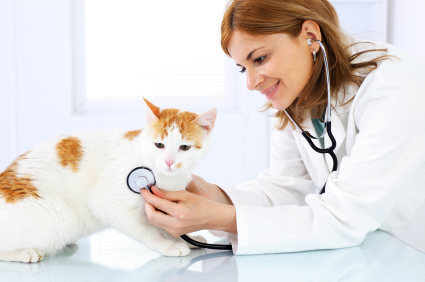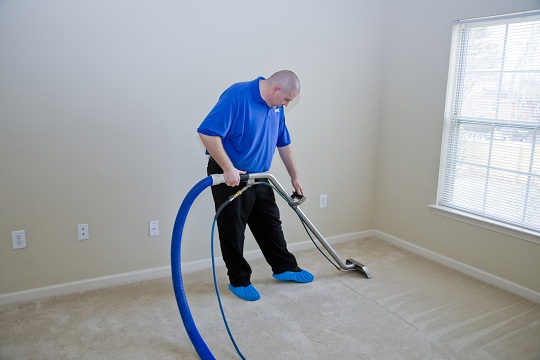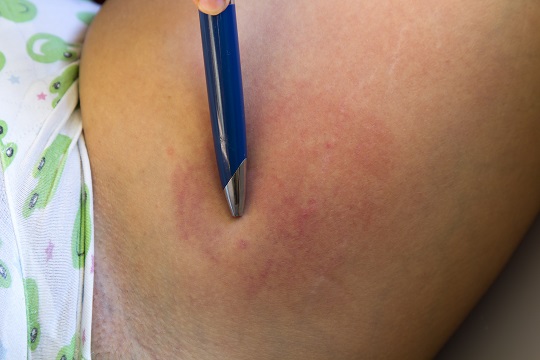Common Cat Allergies
Like humans, cats can allergic be to a variety of things. Cat allergies can manifest as inhalant allergies, contact allergies, food allergies, or insect allergies.
Inhalant Cat Allergies
Inhalant, or airborne allergies, are caused by your cat breathing in particles in the air. Pollen allergies are common in cats, just like they are in humans. Cats can also be allergic to household sprays, like aerosol. Symptoms of inhalant allergies in cats include upper respiratory issues, irritation in the nasal passage, and eye infections. The best way to help your cat with inhalant allergies is to keep them away from such sources. Your veterinarian can also prescribe medications, or eye drops in the case of eye infections.
Contact Cat Allergies
Another way that cats can have allergic reactions is through skin contact. The most common contact allergies in cats are from plants, especially those with oily leaves. Other things that can cause contact allergies for cats are wool, dust, cleaning supplies, carpet cleaners or fresheners, carpet, or even cat litter. Contact allergies will usually result in itching and discomfort for your cat. In more extreme cases, you may notice skin eruptions, bumps, hives, or fur loss. A veterinarian can prescribe a solution to help with the itching, or provide a shot of steroids for the more severe cases.
Food Allergies
The foods cats eat can also cause them to have an allergic reaction, even if they are only eating designated cat food. Turkey, chicken, and other poultry products are the most common food allergies in cats. Human food is generally not recommended for cats. Chocolate and dairy in particular can cause a bad reaction for your cat. A veterinarian can prescribe special cat food for cats with food allergies.
Insect Allergies
The most common insect allergies for cats are fleas. Fleas can cause your cats to feel itchy. You will notice them scratching themselves excessively if they are allergic. Fleas can also cause fur loss and bumps on the skin, as well as black spots that look like dirt (these are the fleas). A veterinarian can prescribe medication or a solution that will help your cat with its allergic reaction. You should also treat your house for fleas, so that your cat does not become infected again.
Additional Help
If you suspect your cat is having an allergic reaction to something, you should bring your cat to a veterinarian for a proper diagnosis and possible treatment. You can use TalkLocal to receive up to three phone calls in minutes from high quality local veterinarians that are available to see your cat when you need them.











